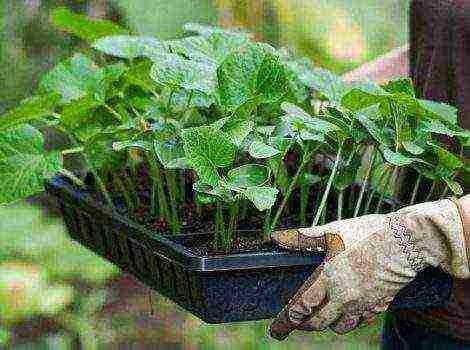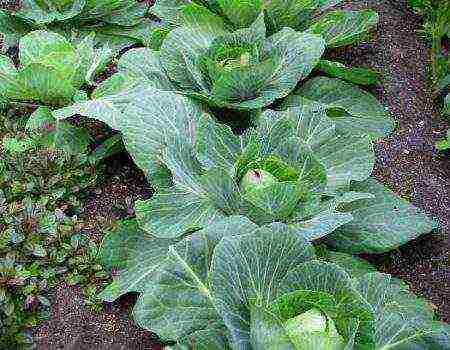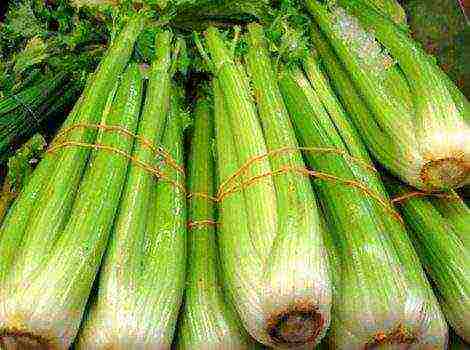Content
The most favorable days for planting potatoes
For summer residents, such a definition is familiar as favorable days for planting crops on the site. Some gardeners carry out all actions related to caring for the garden strictly in accordance with the location of the moon. It doesn't matter if they grow carrots or onions. Whether it is worth trusting the lunar calendar when growing potatoes, let's try to figure it out in the article.
Auspicious days for planting potatoes
The yield of a culture is largely dependent from climatic and weather conditions, soil quality, seedlings, soil care and fertilization, as well as many other factors.
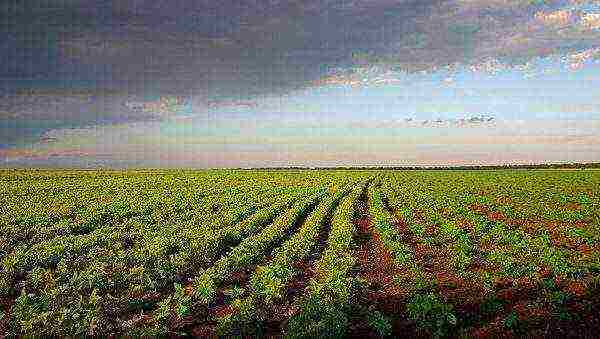
When to plant in May
In almost all regions, except for the south, potatoes are planted in May. The soil is already warmed up enough, and warm days allow you to calmly plant a crop without the likelihood of freezing.
However, in May, there are not so many favorable days, based on the lunar calendar, on which you can plant potatoes:
| In the first decade | May 4, 7, 8, 9 |
| In the second decade | the most successful day - May 19 |
| In the third decade | two days 24 and 31 May |
If you follow the recommendations of astrologers, then you need to pre-plan the landing day and prepare the material. To do this, it should be removed from the cellar or storage place in advance, dried, and allowed to warm up in the air.
When to sow seeds
Potato seeds can be purchased at specialized stores or harvested in your garden in the fall.
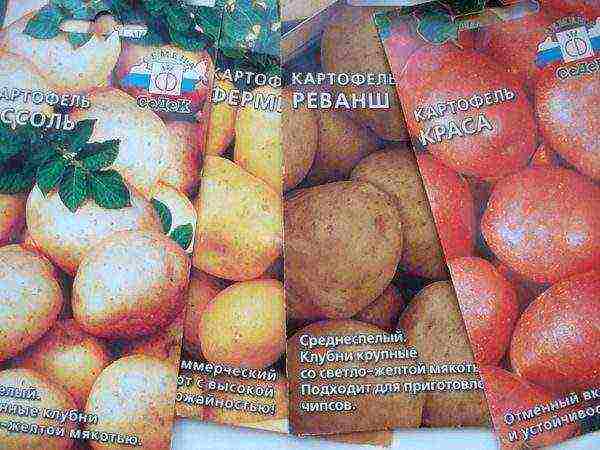
In the still green fruits of potatoes, which resemble green berries, there are seeds... It is these seeds that are suitable for biological propagation of potatoes.
If you sow seeds in a container, seedlings will appear in a week. It is necessary to prepare seedlings for transplantation into soil for further cultivation.
It is necessary to plant seedlings in the garden at a time when the weather has stabilized on the street and the air temperature is kept around 15 degrees. The best time to plant seedlings from seeds in open ground is at the end of May.
Planting dates in different climatic zones
Ural gardeners should take into account that the further north their city is on the map, the later the soil warms up. It is necessary to make sure that the night frosts are over. Since Siberia is large enough, each area has its own time for potatoes.
In most places it will be possible to sow only in mid-May. In Irkutsk, it is recommended to plant the plant after May 20. In Karelia, planting medium-late and late varieties is not advisable.
In central Russia the most favorable time for landing potatoes on May 6, 7, 8, 9, 26, 27, 28. In the South, it is good to plant early maturing varieties in April. In the southern regions, you can get twice the harvest per season.
For planting mid-season varieties in the south, early April is suitable.
Common dates for planting potatoes
Most, according to the established tradition, are engaged in planting potatoes in early May.But generally accepted norms are not suitable for every region.
Plant potato necessary into warm soil, if planted earlier, the fruit will grow poorly or even freeze. It is also impossible to delay the planting of potatoes. Drying of the soil can occur and this will also affect the yield.

The influence of the moon on yield
Not everyone follows the recommendations for gardening in phases. Therefore, the harvest is obtained from someone better, and from someone worse. Although it may be neighbors. The lunar location has a direct effect on all living things, as well as on all plants.
Based on this, you can foresee the lunar factor before carrying out summer cottage works. Referring to the lunar calendar is a non-standard approach for obtaining a rich and high-quality harvest.
Planting potatoes according to the lunar calendar
Among experienced gardeners, there has always been the concept of "auspicious day for planting." The influence of the moon on the planet Earth is primarily taken into account. The state of the entire living organism of the planet depends on these influences.
The lunar calendar for sowing is based on certain long-studied patterns. Namely - effects of phases on growth plant crops.
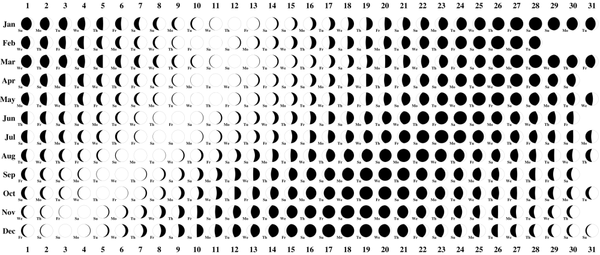
If there is a new moon in the sky or a growing moon, then it is recommended to plant terrestrial plants that grow on an open surface.
Such factors are explained by the fact that with a waning moon the root system is strengthened... But the bush itself is not developing very well. And vice versa, it happens in the mirror period - terrestrial plants develop and the growth of root systems is poorly carried out.
Potatoes are crops that grow downward. Therefore, a decreasing period is most suitable for planting and caring for a plant. The best days should be chosen by carefully monitoring the calendar.
Why you shouldn't trust such calendars
The influence of the moon on life processes has long been proven, but it is necessary to obey the requirements of this calendar only if this is confirmed by common sense.
If the calendar recommends planting potatoes in early May, and the weather suggests otherwise, then it is better to postpone the planting. When the weather conditions match with "auspicious days" on the moon, then you can plan to plant a root crop on that day.
What time to plant without a calendar
The most important thing when planting is meeting the early sowing dates. Due to the observance of the deadlines, the root system develops, which leads to a good harvest.
Potatoes are planted based on the following principles:
- tubers begin to grow at a soil temperature of +5 at a depth of 10 cm;
- when planting, it is very important to determine the exact sowing time of the crop. Sowing is calculated based on the variety: early, mid-early, mid or late.
- Sprouted tubers are good for planting
- The optimum ground temperature for planting is +5 degrees
- Planting dates directly depend on the early maturity of the variety
To increase yields and carry out quality work on your site, you can turn to the lunar calendar as an additional source. But you should not completely trust the calculation of favorable landing dates.Better to be sensible and focus on more real factors.
